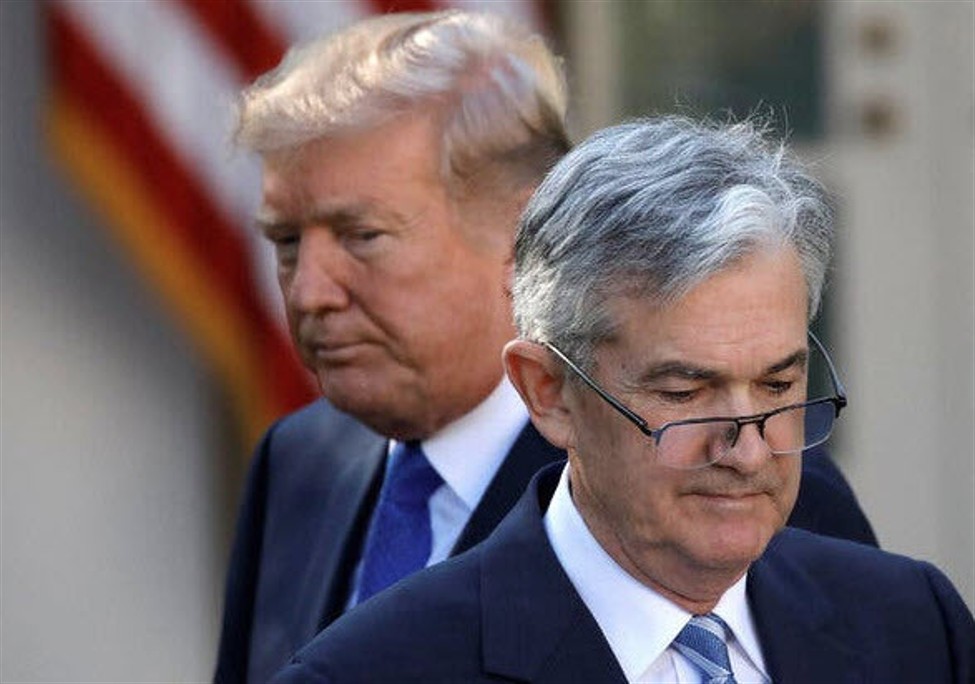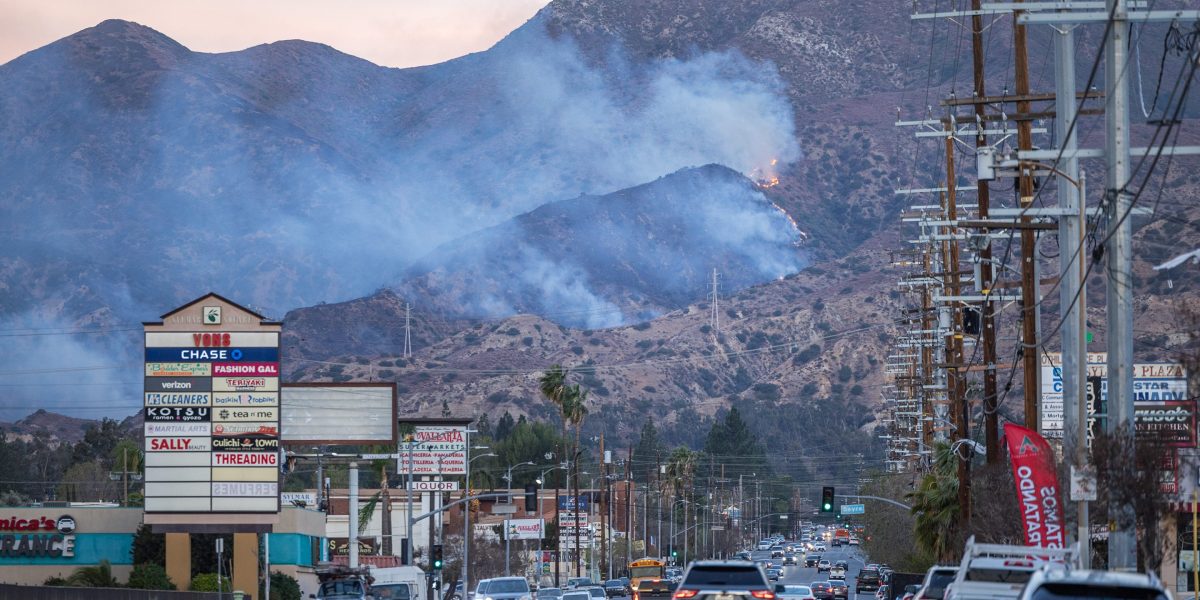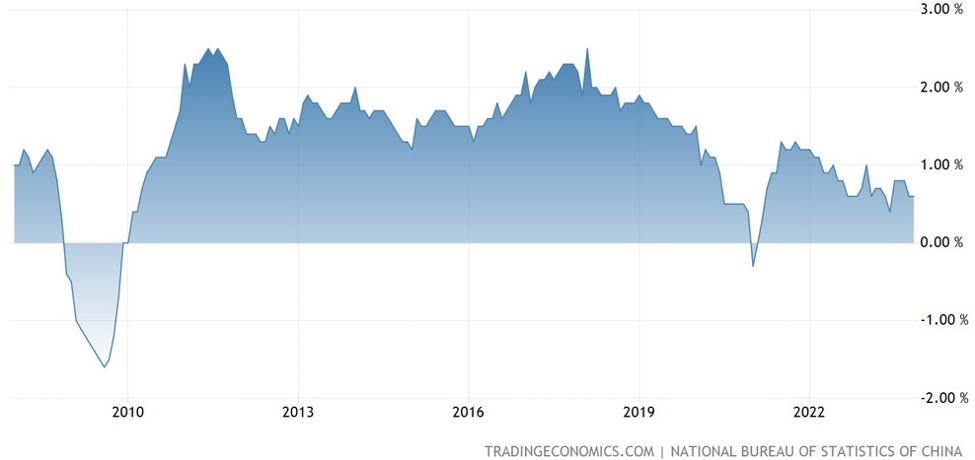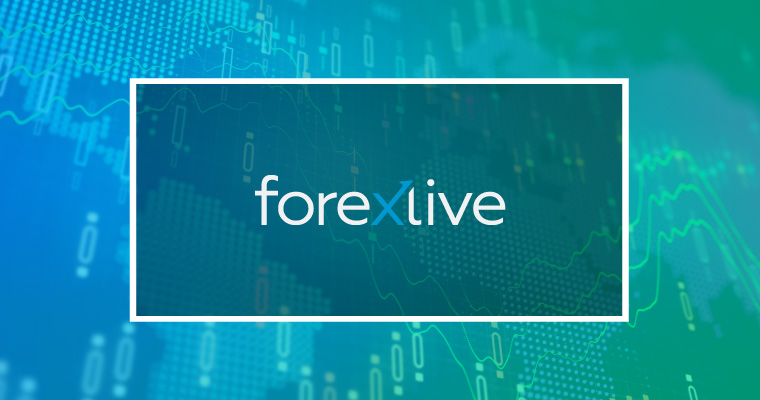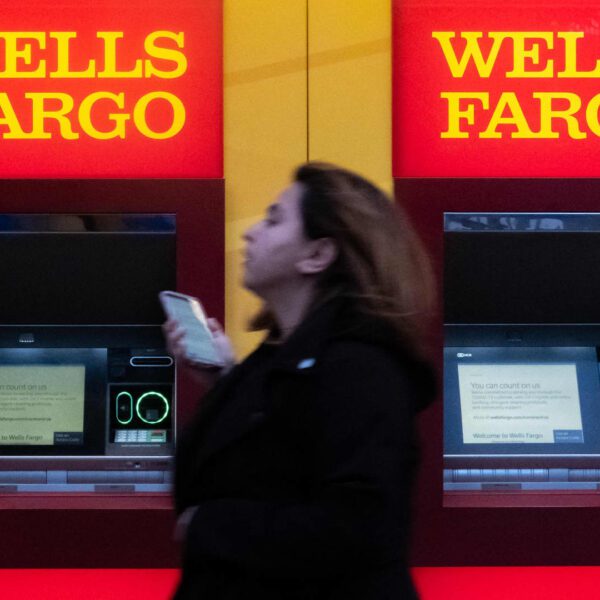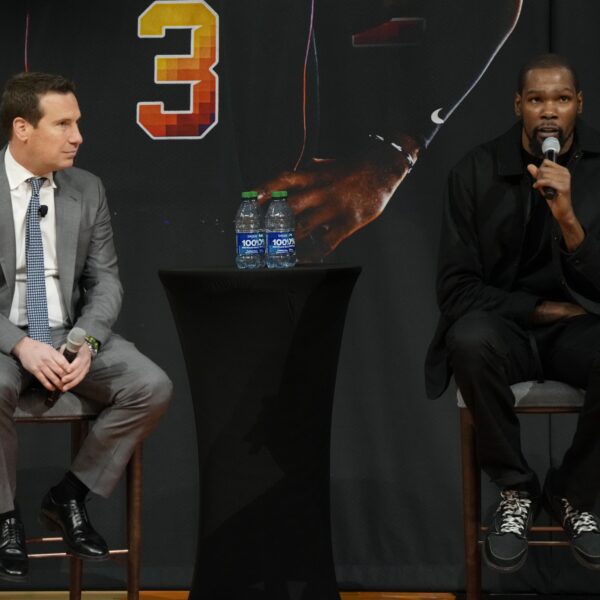The most-interesting Federal Reserve decision of Trump’s Presidency is likely to be June 17, 2026.
That is a meeting that contains economic projections and will also be the first meeting chaired by Trump’s FOMC Chairman. He has frequently lamented his choice of Powell, in part because the Fed Chair took a hard line against political meddling in rate setting.
Expect the next Fed President to be very-closely aligned with Trump.
On Wednesday, Bloomberg sources floated several names and singled out one person who won’t be considered:
Fed Governor Christopher Waller, who has previously been considered a
possibility for chair, may no longer be under serious consideration
after he backed a half-point interest-rate cut in September, the people
familiar said. Trump called the larger-than-usual Fed cut, just weeks
before the presidential election, “a political move to try and keep
somebody in office.”
The names under consideration are:
- Kevin Hassett, currently set to serve as director of the White House National Economic Council
- Larry Lindsey, former George W. Bush White House official
- Marc Sumerlin, former George W. Bush White House official
- David Malpass, former World Bank President
- Kevin Warsh, former Federal Reserve official
- Fed Governor Michelle Bowman
Let’s start with Bowman, because that highlights another interesting degree of intrigue. Trump appears to have successfully elbowed Michael Barr out of the Fed’s supervision role. However Barr refused to quit altogether and said he will stay on as a regular Fed Governor on his term that ends in 2032.
That means that Trump will have to pick someone currently at the Fed to fill the supervision role. The obvious pick is Bowman, who was appointed by Trump, has been a lifelong Republican and has an extensive background in banking has her family owns the Farmers & Drovers Bank and she was the Kansas State Bank Commissioner.
Trump said he will make the pick very soon as Barr will leave the role on Feb 28 or whenever a successor is confirmed.
Beyond that, Trump will only get to make one other change at the Fed (barring resignations) and that’s to replace Adriana Kugler, whose term expires next January. She is a dove and was Obama’s chief economist at the Department of Labor.
What that means though is that the composition of the Board at the June 2026 meeting will be
- New Fed chair
- The Kugler replacement
- Bowman
- Waller
- Barr
- Jefferson
- Cook
The latter trio are all Biden appointments.
Before this point, the Fed is stacked well-enough to avoid any political influence (or depending how you want to see it, maintaining its current bias).
In 2026, the voters are:
- NY Fed President Williams
- Whoever the Philly Fed appoints to replace Harker
- Minneapolis Fed President (currently Kashkari)
- Dallas Fed President (currently Logan)
- Cleveland Fed President (currently Hammack)
The bolded are Democrats but there is some grey area on others. Kashkari, for instance, was a Hank Paulson Republican and has been a social advocate. Logan’s politics are unclear.
What I think happens?
I think it’s all a bit ridiculous. These are all serious people and they might have some political biases but it’s not (yet anyway) the Supreme Court where all decision fall along partisan lines. These are professionals who want to get policy right and know that any political move to drive short-term rates lower will only mean higher rates later.
Also notable is that in 2027, the votes go to Chicago, San Francisco, Atlanta, Richmond. Given the leanings of those banks (particularly the President’s that are there now), that could shift the balance of power back. But note that 2026 requires many reappointments.
Anyway, all this to say that there are people who try to make everything political but even if someone really wanted to politicize the Fed, it will be extremely tough to do in Trump’s term.

